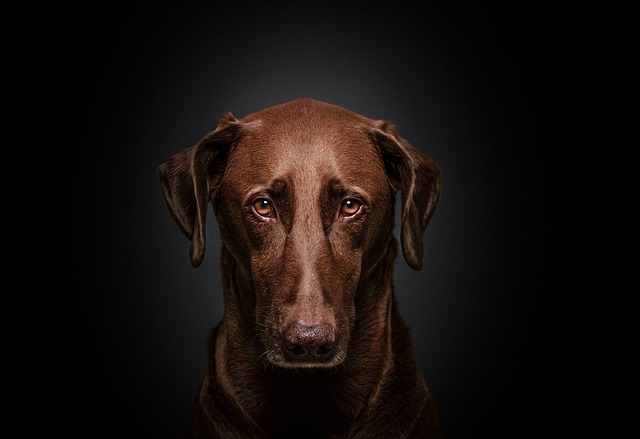
What are the 5 steps to train a dog?
Training a dog isn't just about teaching tricks—it's the key to building a harmonious life together. Whether you're a new puppy parent or adopting an adult dog,
Picture your eight-week-old Labrador, Luna, discovering a dropped blueberry under your Boston kitchen table—her entire body wiggles with nose-driven joy. That natural obsession holds the key to transformative mental exercise, but timing matters. Start too late, and you miss critical developmental windows; too early, and overwhelm risks backfiring. Here’s the science-backed sweet spot.
Biologically, puppies’ olfactory capabilities activate before their eyes open (around 2 weeks old). By 8–10 weeks, their scent-processing brain regions hit peak plasticity—making this prime time for structured nose work. Research in Journal of Veterinary Behavior confirms early scent exposure wires neural pathways for sharper odor discrimination. Take Max, a rescue Dachshund in Berlin: His breeder began simple scent games at 9 weeks, laying foundations for future truffle-hunting skills. The goal isn’t complexity—it’s channeling innate curiosity into focused engagement that reduces an
Can dogs be trained not to jump?
xiety and destructive chewing.
Build foundations gently: Week 1, dab a cotton swab with birch oil (a neutral scent used in professional detection) and let Luna sniff freely. Pair with chicken treats—never force contact. Week 2, hide the swab under a muffin tin cup alongside empty cups; reward when she indicates the right one. Keep sessions under 3 minutes—puppy attention spans fracture fast. By 14 weeks, advance to outdoor "find it" games with treats buried in grass. Always quit before frustration sets in; enthusiasm trumps endurance.
Now, the compliance layer: Before public training in parks, verify your puppy vaccination records meet local laws—rabies shots start at 12–16 weeks across U.S. states and EU zones. Use designated off-leash areas only where permitted (Seattle’s Magnuson Park fines hit $162 for violations). Those biodegradable poop bags? Non-negotiable during scent adventures—Zurich issues €200 penalties for lapses.
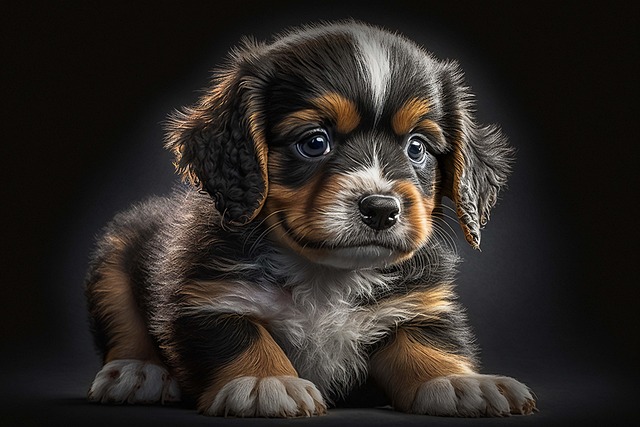
Apartment adaptation matters: Confine early training to one room to avoid overwhelming Luna. Place scented towels under doors to teach calm alerting instead of barking—a lifesaver in thin-walled Brooklyn lofts. Culturally, force-free methods are sacred: Yanking leashes or scolding "wrong choices" during scent work violates modern ethics and is illegal in Sweden. Instead, use silence as feedback—reset and reward correct finds.
Community etiquette tip: Train Luna to ignore food scents near playgrounds or outdoor cafes. A solid "leave it" prevents sandwich-snatching incidents that strain neighbor relations. For travel, pack TSA-approved scent kits (essential oils under 3.4 oz) for hotel-room enrichment during that Denver road trip.
Start now—but stay flexible. Luna might master birch at 10 weeks but need extra months for complex searches. Celebrate tiny wins: That focused sniff when you hide her favorite toy? That’s brilliance blossoming. Consult trainers certified by the International Association of Animal Behavior Consultants for personalized roadmaps.

Training a dog isn't just about teaching tricks—it's the key to building a harmonious life together. Whether you're a new puppy parent or adopting an adult dog,
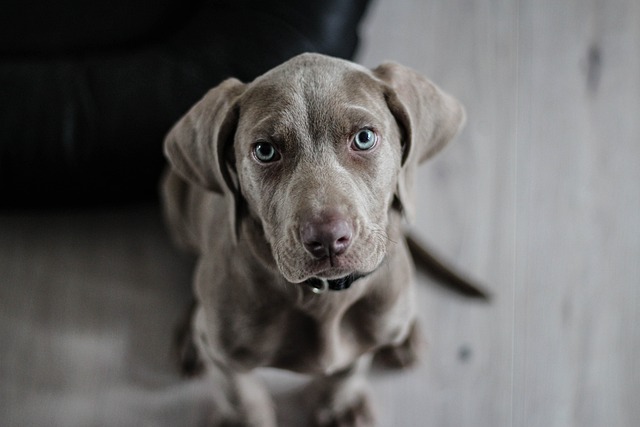
Imagine watching your dog’s ears perk up as they catch a whiff of something exciting. If you’re planning to start scent training your furry friend, you’ve probably wondered
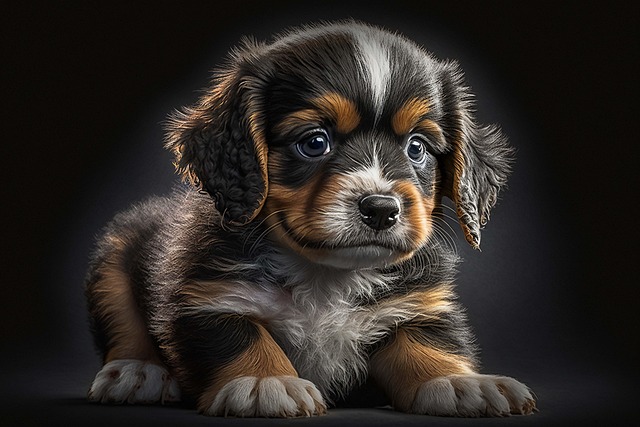
Picture your eight-week-old Labrador, Luna, discovering a dropped blueberry under your Boston kitchen table—her entire body wiggles with nose-driven joy.
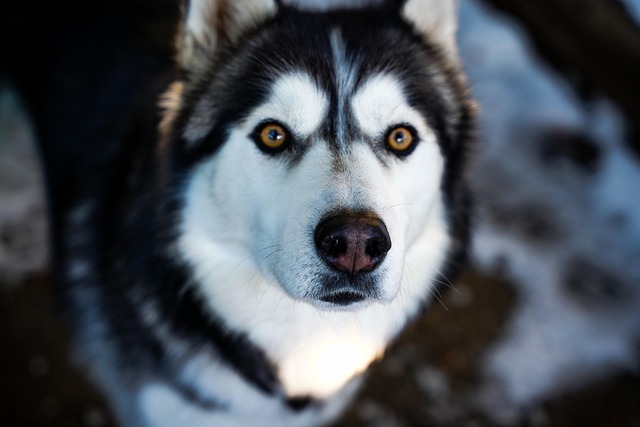
Picture this: You’re welcoming guests into your Seattle apartment when your exuberant Labrador, Buddy, launches himself onto your aunt’s cream sweater—paws first.
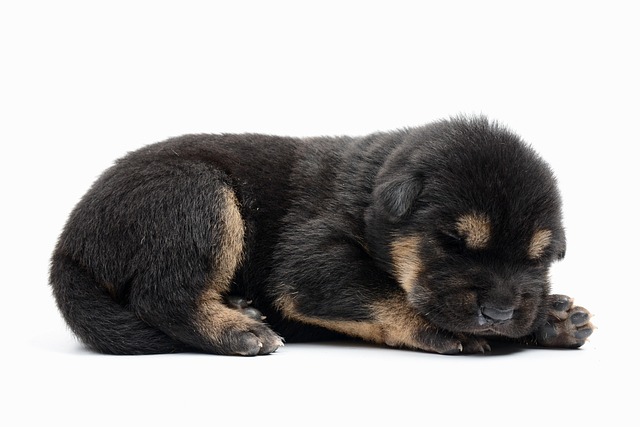
Watching your dog trot back with a ball or newspaper in their mouth is a classic canine sight—and a skill you can teach with patience and play.
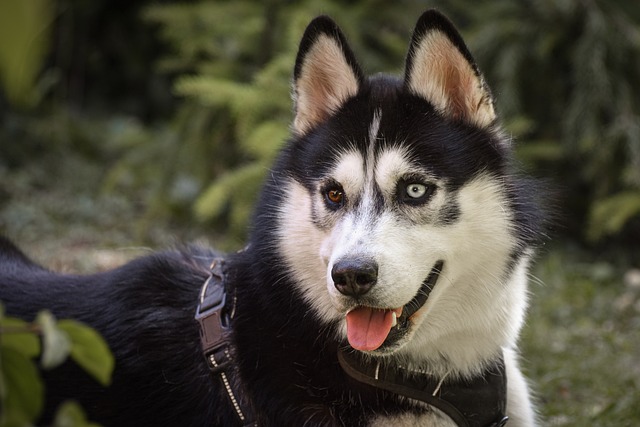
Picture this: You’re out for a morning walk with your dog, and suddenly, they bare their teeth and lunge at a jogger. It’s a heart-stopping moment